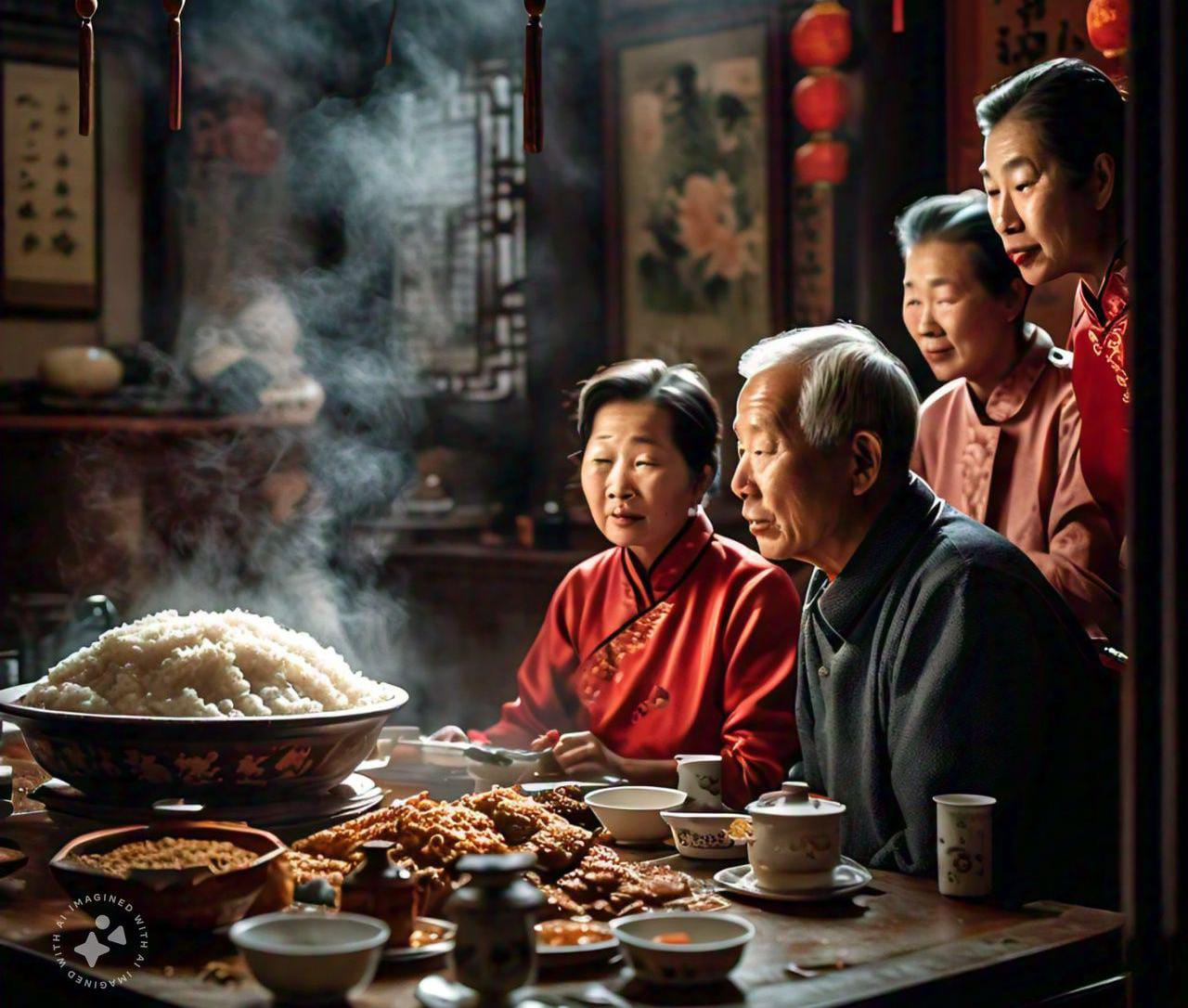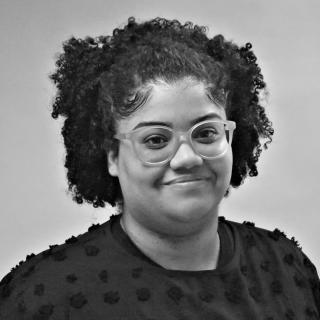
Angela Abreu: “If it doesn’t exist, create it”
Angela Abreu is the founder of Dominican Writers Association, a platform dedicated to supporting and promoting the works of Dominican descent.
Angela Abreu, is a mother to a 14 year old son and the founder of Dominican Writers Association, a platform dedicated to supporting and promoting the works by creative writers of Dominican descent, as stated on its site.
Angy, as she prefers to be called, was born in the Dominican Republic and came to the U.S at the age of five, to Harlem, NY. Her mother moved her siblings and her to Washington Heights in 1989, where she was raised by her mother as a single parent. She spent the early 90s during the raids and crack epidemics up in Washington Heights.
Angy, a latchkey kid, was the first one to attend college and graduate in her entire family. She recalls spending a lot of her childhood in the library because her brothers had each other to play video games; an interest she did not share, instead she enjoyed her books and reading time.
Angy is passionate about her community, literature, and representation of Dominicans in literature and the media as well.
Collegiate and Career Endeavors
Angy grew up understanding the importance of education. “My mom never went to school. I mean, she completed maybe she reached like junior [year] in high school, and she always wanted to go to college,” states Angy. Her mother’s lack of education did not deter her efforts in making sure Angy understood how important education was, especially as the child of an immigrant. “The only way I was going to survive in this country was if I got my education, because she never wanted me to struggle like she was doing as a single mom or getting paid minimum wage. That’s not what she wanted for me,” reiterates Angy. Her mother would tell her “have your own foundation and your own thing so that you never have to depend on a man,” because her mother has found herself in those situations.
Angy attended the high school for health professions and human services where she studied everything related to the health profession field. After graduating from high school, she attended Lehman with the aspiration to become a registered nurse. However, as a nursing student she encountered many challenges; math and science were difficult for her, and the lack of guidance and support made her change career paths. As a first generation student and first one in her entire family (extended family as well) to attend college, she lacked the encouragement to persevere through her nursing education. Angy states “knowing the things that I know now, I’m raising my son. So I’m like, I got you. I got all the information for you. But I didn’t have anyone to look up to or anyone in my family who had gone to college that I could ask or anyone else that would be willing to mentor me.”
She knew she wanted a career where she could help people. As a result, she ended up transferring to John Jay and getting her degree in Forensic Psychology with a minor in Deviant Behavior.
However, her passion for writing came during her last semester at John Jay when she had to take an elective for one credit she was missing, and elected to take creative writing. In that class something changed for her. There was a lack of stories she could relate to. No one was writing stories like hers or about Dominicans and their culture. This realization prompted an extensive research of Dominican writers and she found Angie Cruz and Julia Alvarez. She read all of their books “but nothing touched me more than Angie Cruz’s Soledad. And I think it was more so because I could relate to the mother daughter dynamic in the book,” states Angy.
Representation is important in any medium. Many students like Angy, at the time, struggled with seeing their stories being told, or finding people that looked like them. Although, this continues to be an issue, more diverse creatives are receiving opportunities to tell their stories. Angie Cruz’s story Soledad meant that Angy was able to see her world, “I know what church she is talking about. Then there was the story of the relationship about the daughter who didn’t get along with her mom, who was trying to figure out who she was and who her mother was. I had experienced those things too, so I connected more to that story,” emphasizes Angy.
Eventually she decided to get her master’s in mental health counseling. However, she tried to find a position within this scope of practice but was unable to find an opportunity. “I worked in a psychiatry institute for ten years and still it was hard for me to find a position within that field,” explains Angy. After a few years she gave that career path up. “I continued the career that I had already because that was serving me,” explains Angy.
Her passion for helping others contributed to her efforts of realizing the lack of representation of Dominican writers and Dominican stories in literature and other mediums, which prompted her to create the Dominican Writers Association.
Dominican Writers
Angy’s vision was not to make Dominican Writers an organization. Her idea was for it to be a bookstagram account; prior to that term even existing. In 2015, “there wasn’t anything such as a bookstagram but my idea was to just post books and share information of what is going on [in] Dominican American Literature,” explains Angy. Who would have thought that seven years later, her account would reach 24,000 followers and she would be working with authors such as Angie Cruz and Elizabeth Acevedo, to name a few.
Her experience curating events, hosting, facilitating workshops, and doing other activities for the community, “came easy to me to be able to provide [the] audience with things I was noticing they needed. People requesting writing workshops, and I’m like I’ve done those before. I can just get someone to host the workshop so we started doing those things,” states Angy.
She finds the resources needed to help authors and creatives to be able to provide those services to their audiences like book promotion and book launching to help authors get more visibility that they probably wouldn’t get anywhere else. Dominican Writers Association works with schools, has book clubs, among other services with the purpose of getting a Dominican book into your hands.
Dominican Writers’ functions as a publishing service and some of the things she looks for when trying to publish a writer is authenticity, needs to be extremely Dominican, unique, creative non-fiction or fiction, and needs to be an attention grabber. The book needs to “speak to who we are, to our culture, and our tradition,” states Angy.
The majority of the services Dominican Writers provides are free. There are certain things that require people to pay like consultations, coaching, some workshops, etc. Angy offers one-on-one consultation if you are interested in understanding how self-publishing works, or need assistance finding a literary agent, or have specific questions about publishing.
Dominican Writers Association is a 501 c3 nonprofit organization as of April 2019. The organization is funded by grants and donors who help provide services.
RELATED CONTENT
Motto in life and advice to future authors
Angy’s motto in life is “if it doesn’t exist, create it.” Like she said, don’t wait for the opportunity to present itself or for someone to open the door. Educate yourself and create what’s missing.
She tends to emphasize to her audience, authors, creatives, and potential clients that “aquí no se pasa vergüenza.”
“Some people take it personal and they make it seem in a negative way but what I mean is that our platform provides all the information you need to either self-publish or publish traditionally, so there is no reason if you know me, to release a book where you’re embarrassing yourself for not having done your research,” explains Angy.
She wants writers and future authors to focus on getting the book done correctly. To invest in editing even if you write poetry, editing is important. “Self-publishing has a stigma and is that people don’t do their research, and I have seen horrible jobs because people send these books and a lot of them feel like they don’t [need to] edit,” reiterates Angy. Dominican Writers’ platform provides all this information, tools, and resources you need to do it correctly.
She emphasizes that “if you are with Dominican Writers ‘tu no vas a pasar vergüenza’ because I’m going to teach you what you need to know, so you look good. So your self-published book can go out there and compete with a traditionally published book.”
Telling people she is unable to promote their work is difficult, but necessary. Dominican Writers’ has an established reputation and readers trust the platform’s recommendation like “How I Became A Mermaid” by Amanda Alcantara, “City Without Altar” by Jasmine Mendez, “Inheritance: A Visual Poem” by Elizabeth Acevedo, “How Not to Drown in a Glass of Water” by Angie Cruz, to name a few. Angy mentions “Every book that we post, people run and buy it,” therefore, it is important to have all the information the reader will need to purchase the book.
She understands that getting a higher education degree can be challenging for many, and in some cases impossible. “Even if you don’t go to college you have access to self-educate. There’s a ton of [information] free online, [at the] library, or you can [research] and is easier. If there is something you don’t see, ask for help,” states Angy.
She wants people to understand she represents the Dominican writer. Her mission is to help them to get published and reach the literary canon. “I want more and more of our authors to get out there, to be published, to be traditionally published, to be recognized, to have their work seen, to be applauded, and be on tv,” emphasizes Angy.
She wants people to understand being “Dominican means bachata, arroz con habichuela, hanging out with your friends, good vibes, having fun, to me it means literature. Cause that’s the side I represent the reading aspect.” It means to allow yourself the opportunity to be creatively free in whatever medium you choose.
If you would like to find more information on Dominican Writers please click here.











LEAVE A COMMENT: